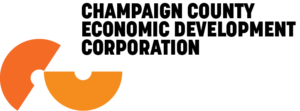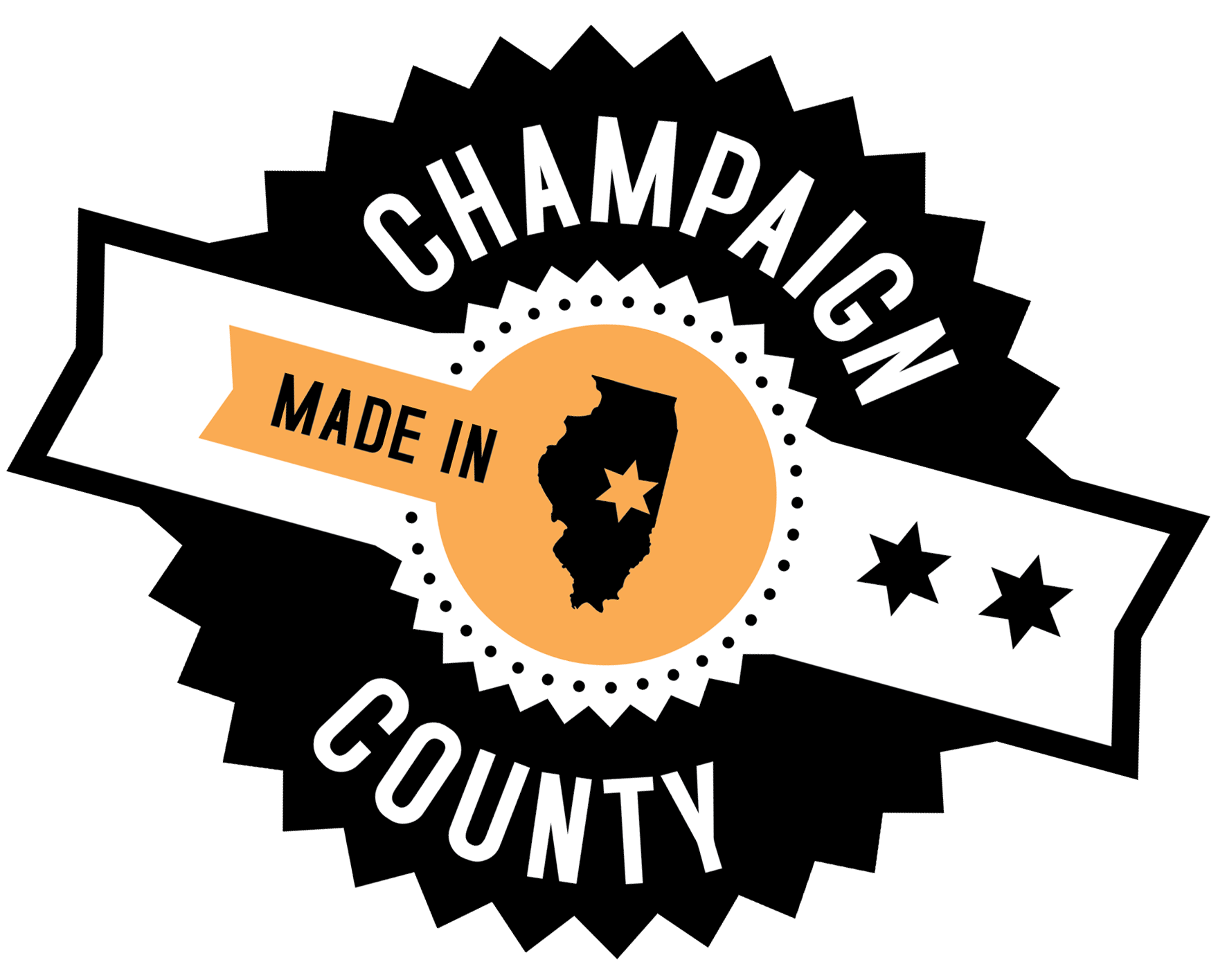Article Source: The News-Gaztte, Don Dodson, June 14, 2012
CHAMPAIGN — Yahoo’s office in the University of Illinois Research Park is adding 15 new software engineering jobs, park director Laura Frerichs said Wednesday.
The expansion comes just two months after Yahoo announced it would cut 2,000 jobs worldwide, or roughly 14 percent of its staff.
Frerichs said the local office, which works on Yahoo’s data-processing infrastructure, did not lose any jobs as the result of those cuts.
It’s the second time in the last half-year the local Yahoo office has sought to fill new positions.
Last December, the office — which employed 80 to 85 software engineers — sought to hire six to nine more and was successful in recruiting them.
Speaking to the Champaign County Economic Development Corp. board, Frerichs also commented on last week’s announcement that Bytemobile agreed to be acquired by Citrix Systems.
Bytemobile, a company that helps mobile networks operate faster and more efficiently, had its origins in the old Technology Commercialization Lab on the UI campus, Frerichs said. Since establishing a research and development facility in the UI park, Bytemobile has expanded twice.
“We’re excited to welcome another publicly traded company with this acquisition,” she said of Citrix, a Fort Lauderdale, Fla.-based company whose stock trades on the Nasdaq exchange.
Frerichs was approved Wednesday as the new chair of the EDC’s board of directors, effective in July. She will succeed Gary Burgett, who is completing a one-year term as chair. Chris Shroyer will continue as the board’s treasurer.
The economic development group is in the last stages of a search to replace its chief executive officer, John Dimit, who plans to retire this year.
On Wednesday, Dimit outlined a $656,339 budget for the fiscal year that begins in July.
The budget includes $398,060 in salaries for the eight-person staff — which includes three people assigned to the local Small Business Development Center, as well as compensation for the Urbana Champaign Angel Network’s executive director.
In compiling the budget, Dimit said, he anticipated a 3 percent across-the-board increase for staff, as well as increased compensation for the new CEO.
Public-sector agencies contribute about $285,000 toward the group’s budget, with the city of Champaign the largest of those at $115,815 and the University of Illinois second-largest at $75,000.
The private sector — which includes utilities, area companies and the Champaign County Chamber of Commerce — is expected to contribute about $84,000.
The economic development group also expects to get about $220,000 in state and federal grants, primarily for operating the Small Business Development Center.




